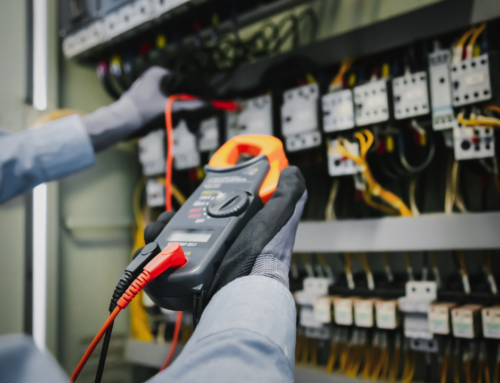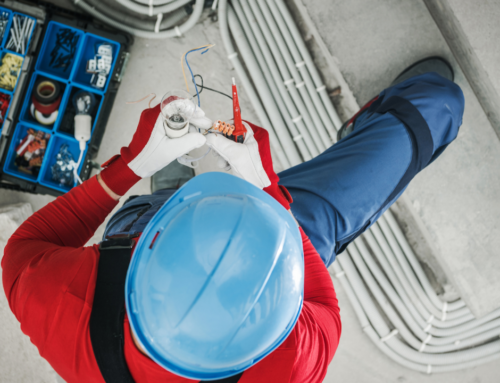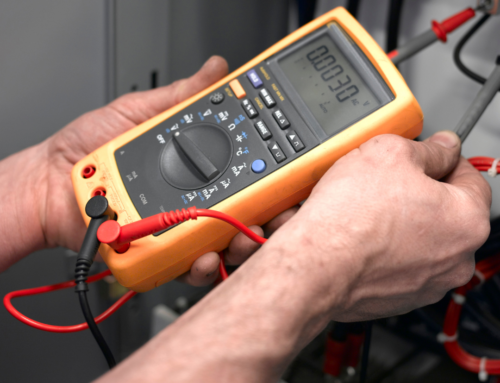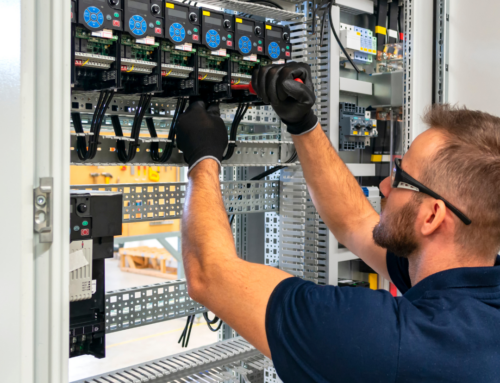In the realm of commercial operations, ensuring the safety and efficiency of electrical systems is paramount. Regular commercial electrical testing and inspection are critical components of maintaining this safety and efficiency. But how often should these inspections occur? This article delves into the necessities of commercial electrical testing and inspection, providing essential insights for businesses aiming to uphold the highest standards of electrical safety and compliance.
The Importance of Commercial Electrical Testing and Inspection
Commercial electrical systems are complex networks that power lighting, heating, cooling, and essential equipment within business premises. Given their extensive use and the high demands placed on them, these systems are prone to wear and tear, which can lead to safety hazards and operational disruptions. Regular testing and inspection are crucial to identify potential issues before they escalate into serious problems, ensuring the safety of employees and customers, and the continuity of business operations.
Regulatory Requirements
In the UK, the Electricity at Work Regulations 1989 mandates that all electrical systems and equipment in work environments must be maintained to prevent danger. While the regulations do not specify exact intervals for testing and inspection, they do require that electrical systems be kept in a safe condition. Therefore, the frequency of commercial electrical testing and inspection is determined by several factors, including the type of installation, its use and operation, the frequency and quality of maintenance, and the external influences to which it is subjected.
Recommended Frequencies for Different Commercial Premises
– Offices, Shops, and Laboratories: For these types of commercial environments, it is recommended that electrical installations undergo testing and inspection at least every five years. This interval may be shorter for buildings with high public footfall or if the premises contain laboratory equipment that demands more frequent checks.
– Industrial Premises: Places such as manufacturing plants and warehouses should have their electrical systems tested and inspected at least every three years. The increased risk associated with heavy machinery and equipment necessitates more frequent reviews.
– Public Use Buildings: Establishments like hotels, restaurants, and public houses, where there is a high turnover of people, should aim for electrical testing and inspection at intervals not exceeding five years. For leisure complexes, the recommendation may be as frequent as every three years, depending on the specific equipment and facilities in use.
– Educational Institutions: Schools, colleges, and universities should have comprehensive electrical testing and inspection carried out every five years. Given the young age of many of the occupants and the variety of technological and scientific equipment used, maintaining electrical safety is especially critical.
The Role of a Commercial Electrician in Testing and Inspection
A qualified commercial electrician is indispensable for conducting thorough electrical testing and inspection. These professionals possess the expertise to assess the safety and functionality of commercial electrical systems accurately. They can identify potential hazards, recommend necessary repairs or upgrades, and ensure that a business’s electrical infrastructure complies with current regulations and standards.
Regular commercial electrical testing and inspection are non-negotiable aspects of maintaining a safe and efficient business operation. The frequency of these inspections varies depending on the type of commercial premises and the nature of its operations. Engaging a qualified commercial electrician to conduct these inspections ensures that your business not only complies with legal requirements but also operates safely and efficiently, protecting your staff, customers, and assets. Remember, when it comes to commercial electrical safety, prevention is always better than cure – contact us to find out more about our commercial services.







Leave A Comment